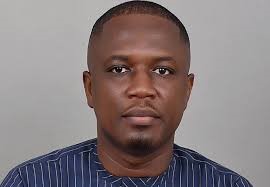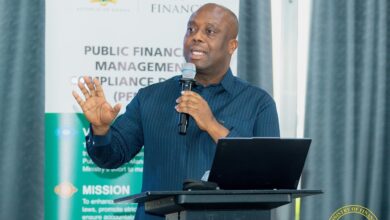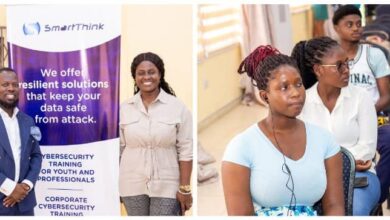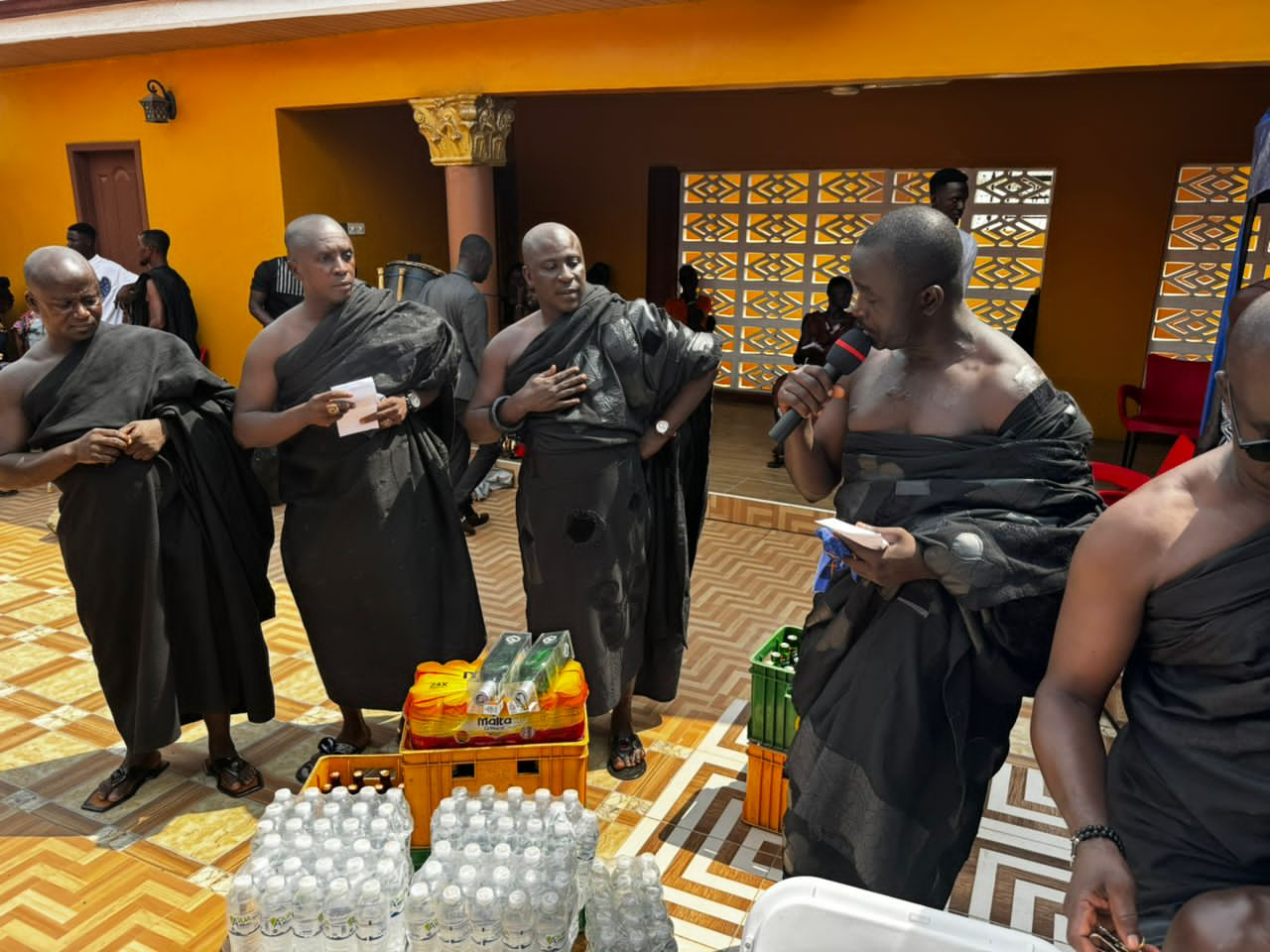We must protect Free SHS policy gains – Dr Bannor

Dr. Frank Bannor, a Development Economist and Lecturer at the Ghana Institute of Management and Public Administration (GIMPA), has raised concerns over the substantial financial investment that Ghana’s Free Senior High School (SHS) policy has demanded since its inception.
He underscored the enormity of the government’s commitment, revealing that over 10 billion cedis have been allocated to the program since 2016. Despite the financial burden, he emphasized the importance of safeguarding the policy to ensure continued benefits for future generations.
“What makes this even more significant is the sheer volume of resources that have gone into sustaining Free SHS. The government has committed more than 10 billion cedis, a staggering amount that highlights both the importance and the financial strain of the policy. What makes it even scary is that, between 2016 and now, the government of Ghana has spent a little over 10 billion cedis on Free SHS,” Dr. Bannor made these comments on the Atupan Show on Asaasepa 107.3 FM on Monday, November 18, 2024, hosted by Bonohene Baffour Awuah.
He further reflected on the opposition the Free SHS policy faced from the National Democratic Congress (NDC). He noted that during the 2012 election campaign, the NDC commissioned approximately 47 advertisements aimed at discrediting the promise of Free SHS made by then-candidate Nana Akufo-Addo, with many party members considering it an unrealistic dream.
He mentioned that in the lead-up to the 2016 elections, then-President John Mahama famously criticized the policy. “Ghana must not implement Free SHS on the whimsical promises of a desperate politician,” Mahama said, warning of potential failures akin to those experienced in other African countries that had tried free education. Dr. Bannor also referenced Mahama’s 2012 speech in Okere, where the former president claimed, “Free SHS will collapse the education system of Ghana.” In another instance, Mahama dismissed the program as a mere “political gimmick” while speaking at the University of Cape Coast in 2016.
Opposition from NDC
Dr. Bannor enumerated comments from other prominent NDC members who opposed Free SHS. Former Education Minister Lee Ocran in 2012 remarked, “Free SHS can only be possible in 2032, in 20 years.” Hajia Joyce Zeinabu, then National Women Organizer, warned in 2016 that the policy would “breed teenage pregnancies.” In 2018, General Secretary Johnson Asiedu Nketiah labeled the policy “shambolic” and suggested it would need to be scrapped. Elder Ofosu Ampofo, the NDC National Chairman, also claimed that the Double Track system under Free SHS was causing teenage pregnancies.
The GIMPA Lecturer criticized these comments and expressed concern over the potential risks of the policy being reversed or weakened. “It is dangerous if we, as university lecturers, don’t wage a frontal war to protect Free SHS,” he said, noting that the government has invested over 10 billion cedis in the initiative.
Data-backed achievements
To counter claims that Free SHS has compromised educational quality, Dr. Bannor presented a comparative analysis of student performance. Using data from the West African Examination Council (WAEC) and the Ghana Education Service, he compared results from 2015 and 2016—before the implementation of Free SHS—to those from 2020 and 2021.
In 2015, only 25.29% of students scored A1-C6 in Mathematics, with 37.17% failing (F9). By 2020, the first batch of Free SHS graduates showed substantial improvement, with over 50% of candidates earning A1-C6 in core subjects. Mathematics performance, for example, climbed to 65.71%, while English Language saw a pass rate of 57.34%.
Dr. Bannor underscored that approximately 60% of the 342,500 candidates in 2020 scored between A1 and C6 in their best six subjects, qualifying them for tertiary education. “Performance has generally improved under Free SHS, debunking fears that the policy would compromise academic standards,” he stated.
Social Impact of Free SHS
Beyond academic results, Dr. Bannor pointed out that Free SHS has achieved gender parity in education. “Because of Free SHS, we have gender parity at the SHS level for the first time in Ghana’s history,” he said, addressing the previous norm where boys were prioritized over girls in education. Drawing from his personal experience, he shared, “ I come from Obuasi, and I had Kumasi Anglican, but I couldn’t go, and so I understand the reality. Free SHS is a blessing in disguise, and we must all protect it.”
He stressed the importance of supporting transformational policies that uplift society and warned against political rhetoric that could jeopardize such gains. “A 24-hour economy is purely demand-driven, and if the demand is not there, then it is purely a slogan,” he stressed.
Story by Bright Philip Donkor



